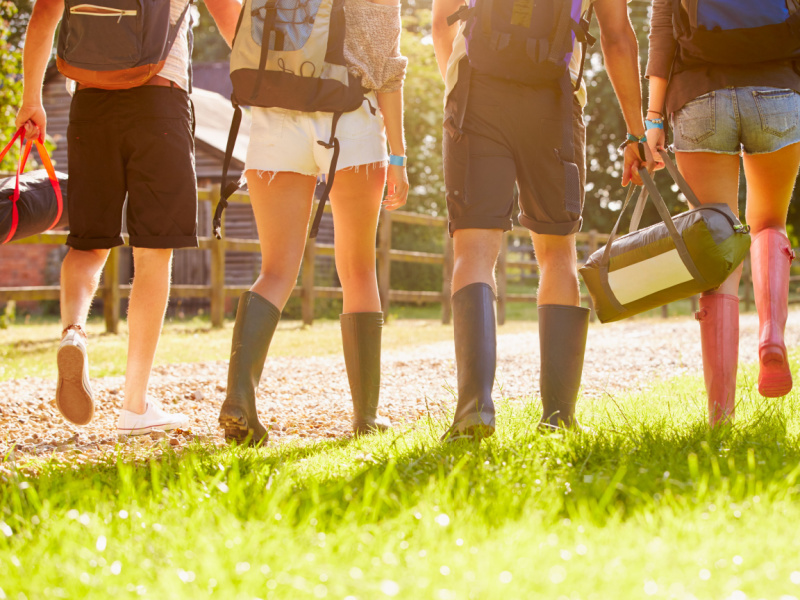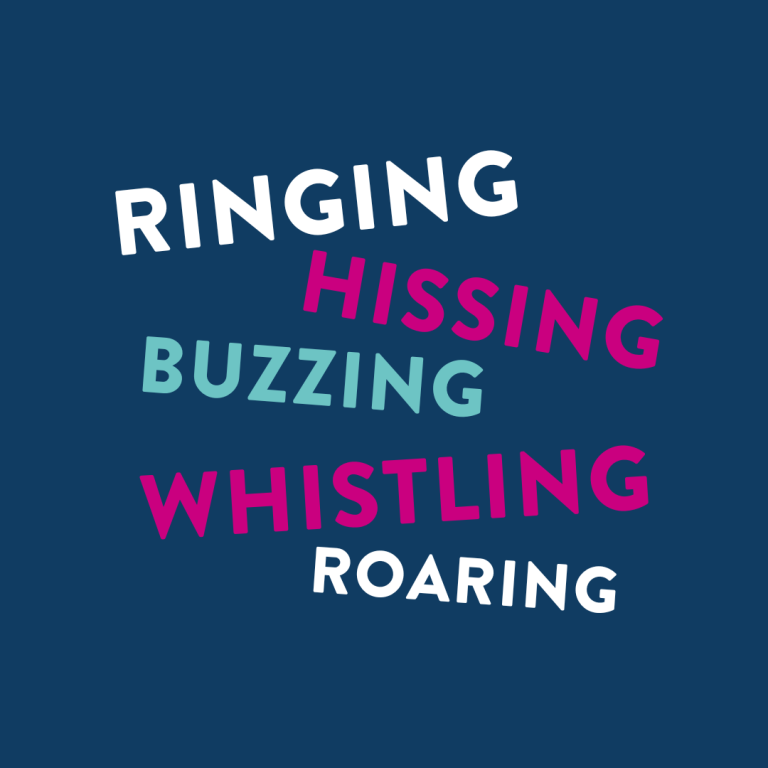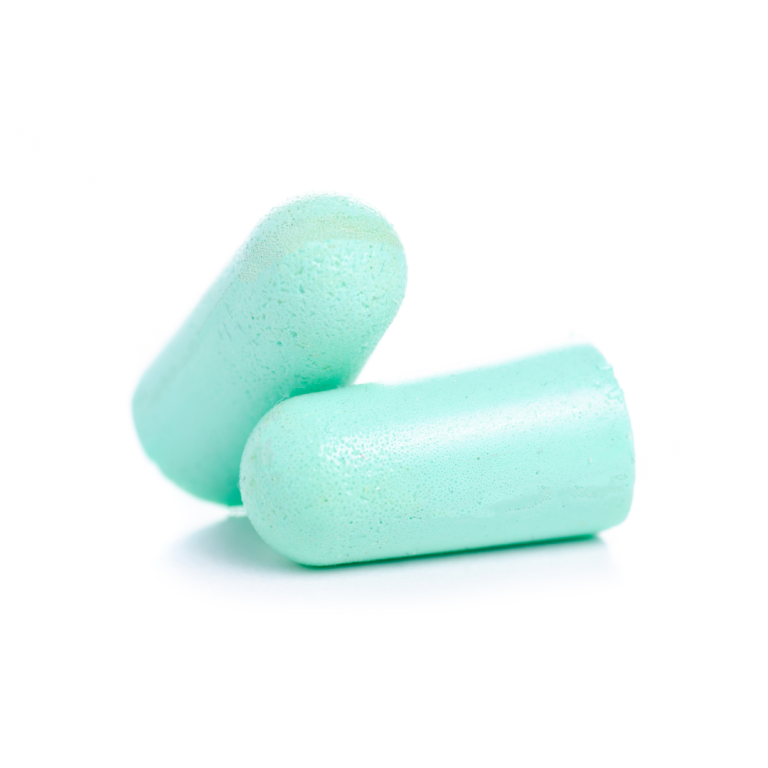Can loud music trigger tinnitus?
Tinnitus can be triggered by a number of factors, so it’s sometimes hard to pinpoint the exact cause. We do know however that excessive noise levels, such as those experienced at festivals, are linked to tinnitus and noise-induced hearing loss.
Our ears are precious and contain thousands of microscopic hair cells which play a vital role in our hearing, helping our ears transform sound waves into electrical signals for our brains. When these hair cells are exposed to sounds over 85dB, they are at risk of becoming damaged. Typically, live music is often well above this safe threshold; in fact, the average gig can easily exceed up to a whopping 110dB – so prolonged exposure will certainly take its toll.
There is a lot of research which supports the links between overexposure to loud noise and tinnitus when our hair cells become damaged.
Stress, lack of sleep and even alcohol consumption are all suggested to have links to tinnitus, although there is limited research to prove this definitively. [1]
How to prepare for a festival when you have tinnitus
Whether you already experience tinnitus or just want to avoid it, here are our top tips to help you get festival ready!



